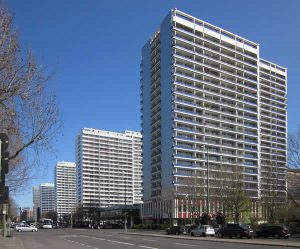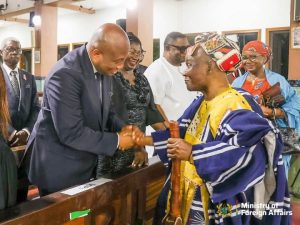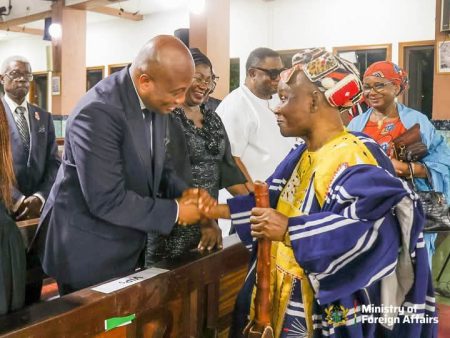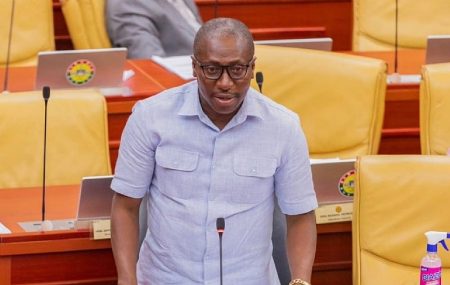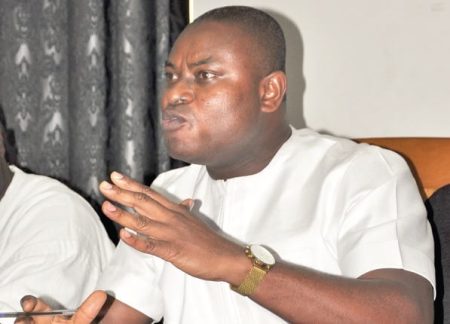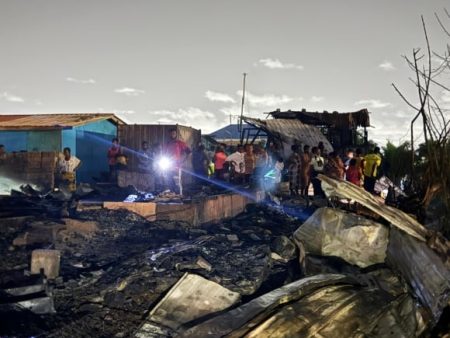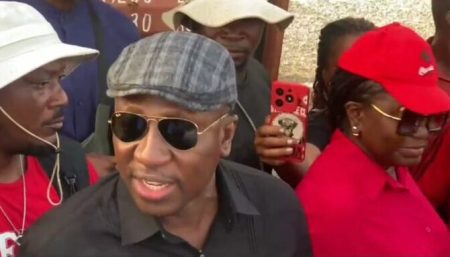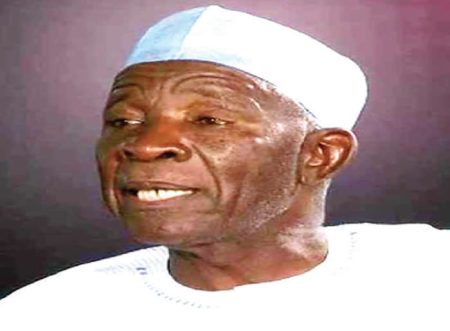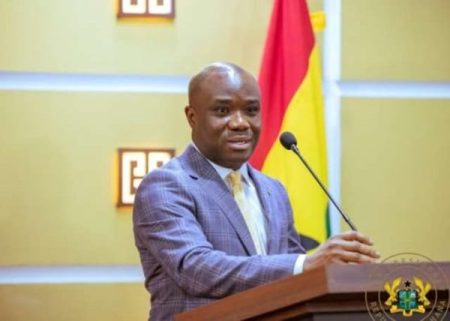President John Dramani Mahama’s recent nomination of seven justices to Ghana’s Supreme Court has sparked debate and discussion about the political nature of judicial appointments and the potential impact on judicial independence. Professor Sharif Khalid Mahmud, Economic Advisor to the Vice President, offers a different perspective, arguing that the appointments represent a necessary “balancing act” designed to restore equilibrium to the court’s composition. He emphasizes the importance of viewing these nominations within the historical context of Supreme Court appointments made by successive presidents since the inception of Ghana’s Fourth Republic.
Professor Khalid’s analysis highlights a pattern of fluctuating judicial appointments across different administrations. Beginning with former President Jerry Rawlings, who appointed ten justices, followed by President John Kufuor’s seventeen appointments, the numbers have varied significantly. President Atta Mills appointed three justices during his four-year term, while President Mahama, in his first tenure, appointed four. Subsequently, President Nana Akufo-Addo made fifteen appointments during his eight years in office. Professor Khalid argues that President Mahama’s current seven nominations, totaling eleven appointments over his two non-consecutive terms, are not an anomaly but rather a continuation of this historical trend, contributing to the overall evolution of the court’s composition.
This historical perspective is crucial, according to Professor Khalid, because it demonstrates that each president has played a role in shaping the Supreme Court. He contends that these appointments should not be viewed solely through the lens of partisan politics. Instead, they should be understood as part of a broader, dynamic process of balancing ideological perspectives, generational representation, and legal expertise on the bench. The Supreme Court, as the highest court in the land, must reflect the diversity of the nation it serves and adapt to the changing legal and societal landscapes.
The notion of a “balancing act” suggests that presidential appointments serve to calibrate the court, ensuring that no single ideology or perspective dominates. This balance is essential for maintaining public trust in the judiciary and ensuring that the court can effectively interpret the constitution and apply the law fairly and impartially. Professor Khalid’s argument implicitly rejects the notion that any particular president’s appointments are inherently more partisan than others. Rather, each appointment contributes to the ongoing evolution of the court and its ability to address the complex legal challenges facing the nation.
The debate surrounding judicial appointments often centers on the tension between presidential prerogative and the need for an independent judiciary. While presidents have the constitutional authority to nominate justices, it is crucial that these nominations are based on merit and qualifications rather than political considerations. A balanced court, in theory, fosters an environment where diverse legal viewpoints can be considered, leading to more robust and well-reasoned judgments. This ultimately strengthens the rule of law and reinforces public confidence in the justice system.
Professor Khalid’s perspective offers a valuable framework for understanding President Mahama’s recent Supreme Court nominations. By placing these appointments within the broader historical context of judicial appointments in Ghana’s Fourth Republic, he argues that they represent a necessary step in maintaining balance and diversity on the court. This perspective emphasizes the importance of viewing judicial appointments as part of a continuous process of institutional evolution rather than isolated incidents driven solely by partisan politics. The ongoing debate about the politicization of judicial appointments highlights the critical need for transparency and a focus on merit in the selection process to ensure the integrity and independence of the judiciary.


